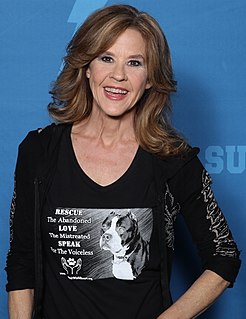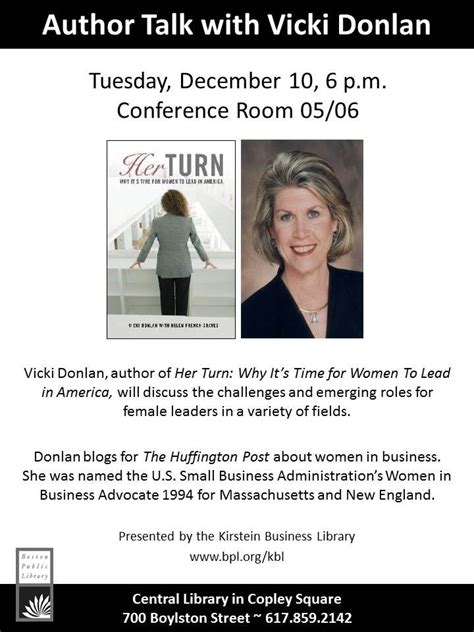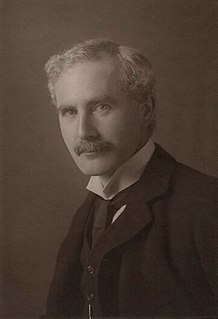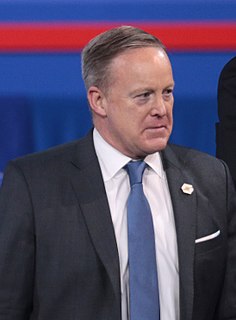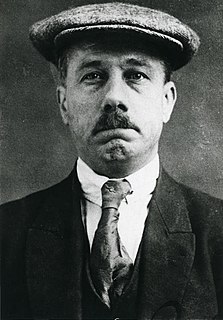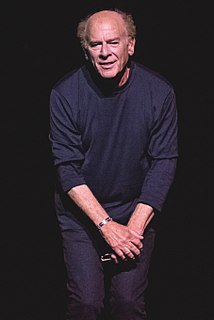A Quote by Jack Kirby
I didn't resolve the questions... and I find that entertaining. And if my life were to end tomorrow, it would be fulfilled in that manner. I would say, 'The questions have been terrific.'
Related Quotes
So when I say that I think we would have a different ethical level, particularly in corporate America, if there were more women involved, I mean that what women are best at is asking questions. Women ask questions over and over again. It drives men nuts. Women tend to ask the detailed questions; they want to know the answers.
Before you give advice, that is to say advice which you have not been asked to give, it is well to put to yourself two questions - namely, what is your motive for giving it, and what is it likely to be worth? If these questions were always asked, and honestly answered, there would be less advice given.
The great philosophers of the 17th and 18th centuries did not think that epistemological questions floated free of questions about how the mind works. Those philosophers took a stand on all sorts of questions which nowadays we would classify as questions of psychology, and their views about psychological questions shaped their views about epistemology, as well they should have.
What are we doing to make sure that people don't get the debate questions ahead of time - because I can tell you this: if my boss at the time, Reince Priebus, had gotten the debate questions, and handed them off, he would have been driven out of this town on a stake, and Donald Trump would have been vilified.
In other philosophies, my questions would get answered to some degree, but then I would have a follow-up question and there would be no answer. The logic would dead-end. In Scientology you can find answers for anything you could ever think to ask. These are not pushed off on you as, 'This is the answer, you have to believe in it.' In Scientology you discover for yourself what is true for you.
I would suggest two approaches to begin the leadership journey in earnest. First would be to ask oneself, in every interaction with others over the course of a single day: How can you best serve this person? Another approach would be to attempt, over the course of a single day, to reframe your declarative statements into questions. The thoughtful use of questions can be transformational. In my experience, most people find these exercises more challenging - and more rewarding - than they would have imagined.


